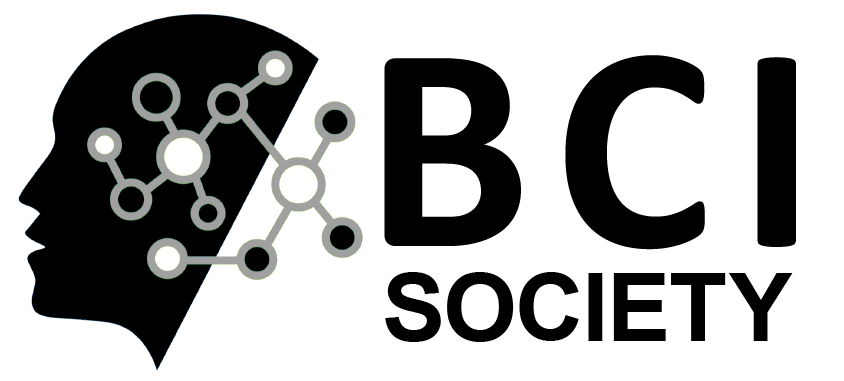
- This event has passed.
WS 3: The promise of BCI-driven functional recovery after stroke: leveraging current evidence to define next steps
March 25, 2021 @ 7:00 am - 9:00 am
1:00pm CET, 7:00am EDT, 4:00am PDT, 11:00pm AEDT, 8:00pm (CST)
Registration deadline: March 18
Presenters
David Lin, M.D., Massachusetts General Hospital, Boston, MA, USA
Christoph Guger, g.tec medical engineering GmbH, Austria
Kyousuke Kamada, M.D., Asahikawa University, Japan
Murat Akcakaya, Ph.D., University of Pittsburgh, PA, USA
George F. Wittenberg, M.D., Ph.D., VA Pittsburgh HS, University of Pittsburgh, PA, USA
Donatella Mattia, M.D., Ph.D. Fondazione Santa Lucia IRCCS, Rome, Italy
Febo Cincotti, Ph.D. Sapienza University of Rome, Italy
Cuntai Guan, Ph. D., Nanyang Technological University (NTU), Singapore
Ander Ramos-Murguialday, Ph.D., University of Tübingen; TECNALIA Research and Innovation Tübingen, Germany
José del R. Millán, President BCI Society, The University of Texas at Austin, USA
Vivek Prabhakaran, University of Wisconsin-Madison Radiology WIMR, USA
Nicole Dusang, MSEE, Brown University, Providence, RI, USA
Abstract
BCI/BMI have the potential to promote functional motor recovery after stroke but sufficient evidence regarding effectiveness to provide guidelines for clinicians is still lacking. Furthermore, there is still much to be understood about the mechanisms underlying stroke recovery and rehabilitation. Large, multicentric, randomized controlled trials (RCTs) are warranted to produce further evidence about administration, effectiveness and which stroke population might mostly benefit from BCI/BMI interventions. Various studies with EEG-based BCIs have demonstrated functional improvements for stroke patients when compared to control groups using sham BCI or standard therapy. However, rehabilitative BCIs are still not widely available as a therapeutic option for stroke patients. This workshop will review current stroke rehabilitation programs from different research labs and will provide insight into technology (EEG, MEG, fMRI), experimental setups (VR, FES, BCI), results and outcomes of patient studies in the acute, sub-acute or chronic state. These will include approaches directed at motor, sensory, and cognitive recovery. The goal will be to collaboratively define the pathway to effectively design large, registered RCT to translate BCI/BMI based interventions.
Intended audience
Neuroscientists, engineers, clinicians, physiotherapists, patient representatives, policy makers, funding agencies, companies in BCI/neurotechnology, and insurance companies interested in rehabilitative brain-computer interfaces for stroke.
Learning objectives
1. Participants will learn about state-of-the art in BCI stroke rehabilitation to reduce a number of disabilities
2. Participants will be able to understand the target patient group populations (i.e. lesion locations and time post-stroke)
3. Participants will be able to articulate how non-invasive BCI technologies fit into stroke recovery, how to adequately engage and meet the needs of stakeholders, and what are overarching parameters and priorities for designing RCTs
